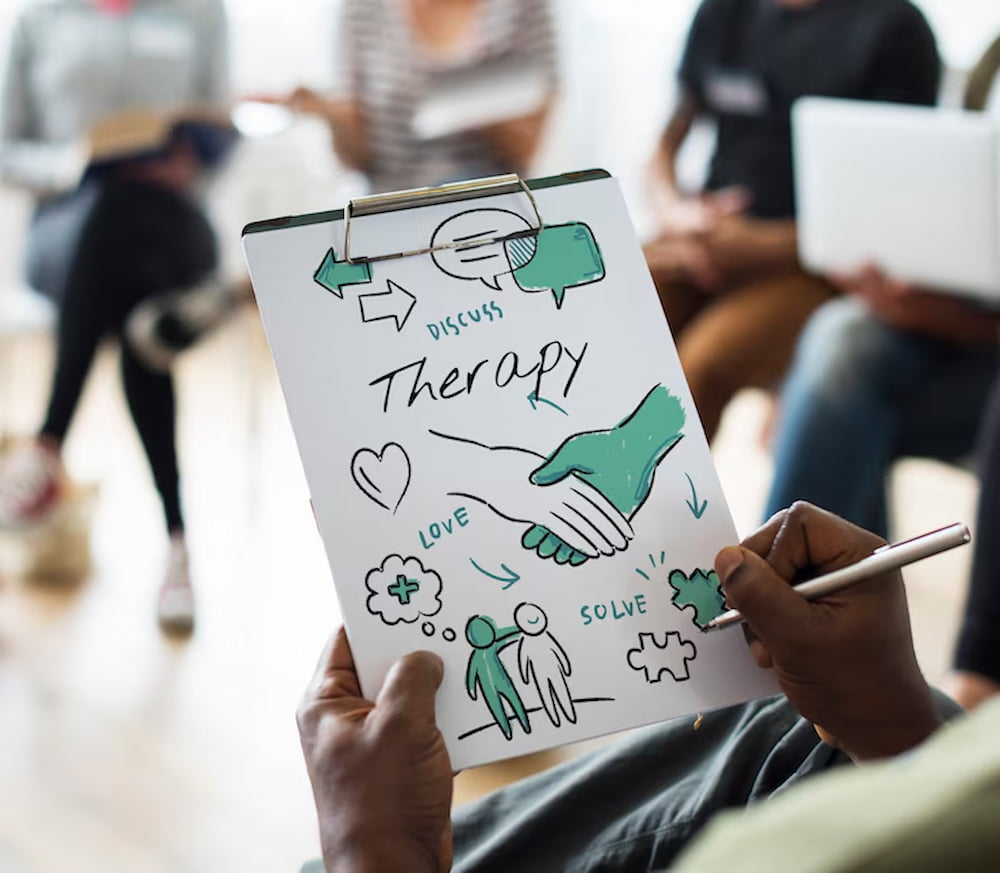Being involved in an accident that leaves you injured can be a traumatizing experience. But the experience after can be even more challenging, leaving you with pain for months, and in some cases, for the rest of your life. This pain can range from mildly irritating to excruciating, and it can distract you from all the things you used to love about your life.
How do you manage your post-accident pain levels effectively?
The Nature of Post-Accident Pain
Post-accident pain comes in many varieties. You may feel lingering pain and soreness in areas of your body that were hurt in the accident. You may have pain from secondary developments, like pain after surgery. You may also have more mysterious chronic pain, which can arise after a back or neck injury in areas of your body that weren’t even affected by the accident initially.


Every type of pain has the potential to disrupt your life, causing genuine subjective suffering and preventing you from doing what you want to do. That’s why it’s so important to hire a lawyer after an accident in which you were personally injured. A lawyer can help you fight for compensation for all medical expenses related to consequences from the accident, and they can even earn you compensation for your subjective pain and suffering. Monetary compensation won’t make your pain go away, but it will give you access to treatments and resources that can mitigate it or help you live a fulfilling life despite your pain.
How to Manage Post-Accident Pain Levels Effectively
These are some of the best strategies for managing your pain after an accident:
Get to the hospital or a doctor ASAP.
After the accident, it’s important to get to a hospital or make a doctor’s appointment right away. This way, medical professionals will be able to immediately examine you and recommend measures necessary to minimize the chances of future pain.


This is also important for building a case against the person responsible for the accident.
Attend your follow-up appointments.
Similarly, it’s important to attend all your follow-up appointments. These are opportunities for medical professionals to see how your condition is developing, monitor your pain levels, and make recommendations for how you can adjust your approach.
Follow recommendations and advice.
As you might imagine, it pays to follow the recommendations and advice of your healthcare professionals. If they recommend a surgical intervention, it’s definitely worth considering. If they want you to attend physical therapy appointments, you should give them a try. Obviously, you should know what you’re getting into and you should be willing to seek a second opinion if and when appropriate, but generally, following direct medical advice is the way to go.
Improve your lifestyle.
Many lifestyle factors can influence the pain you experience. For example, if you don’t drink enough water, if you don’t get enough sleep, if you never get any exercise, and if you indulge in harmful substances like alcohol or tobacco, it can make your pain worse.


This is a great time to address your sleep schedule, drink more water, and cut out harmful substances.
Get physical activity if and when possible.
Depending on your condition, you may or may not be in a position to exercise. But you should definitely get any exercise you can, as exercise can stimulate blood flow, assist in recovery, and release endorphins to temporarily dull your pain.
Use pain medications.
It may be beneficial for you to use certain pain medications to alleviate pain temporarily.


The doctor may be able to provide you with a prescription or recommend over the counter medications appropriate for your situation.
Rely on meditation.
Research shows that meditation is one of the most useful ways to manage subjective pain, as it’s a tactic you can employ at any time. There are many different styles and approaches of meditation, so if one approach doesn’t work for you, feel free to experiment with others.
Get therapy.
If your pain is consistent, or if you’re still dealing with the trauma from your accident, consider attending therapy.


A good psychological counselor can help you identify your biggest mental and emotional issues so you can process them and work through them.
Attend support groups.
Chances are, there’s at least one support group related to pain and pain management near you. This is a place where you can vent your frustrations, get advice, find access to new resources, and even make some new friendships.
There’s no guarantee whether your pain will ever go away, or whether you’ll be able to manage it completely. However, if you’re willing to experiment with a variety of different pain management strategies, and if you fight for the compensation you deserve, you’ll be in a much better position to get a handle on this suffering.


